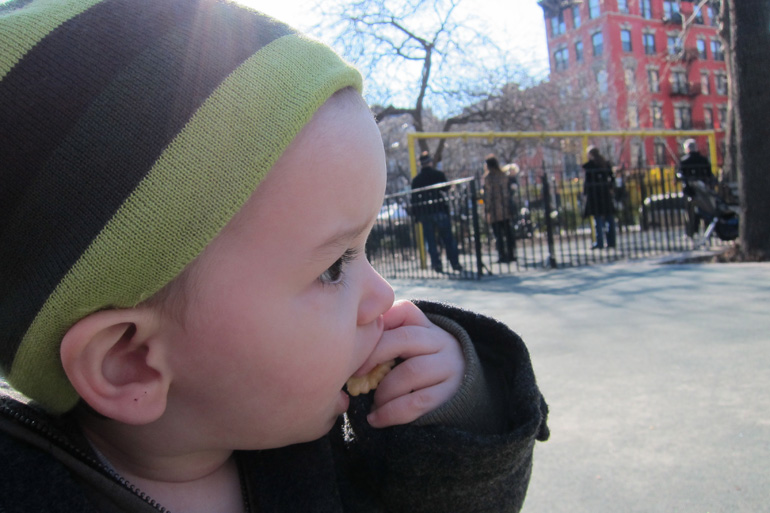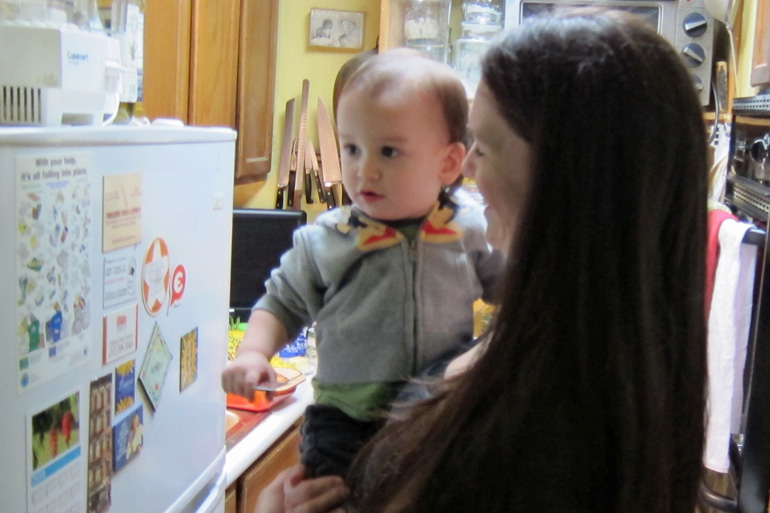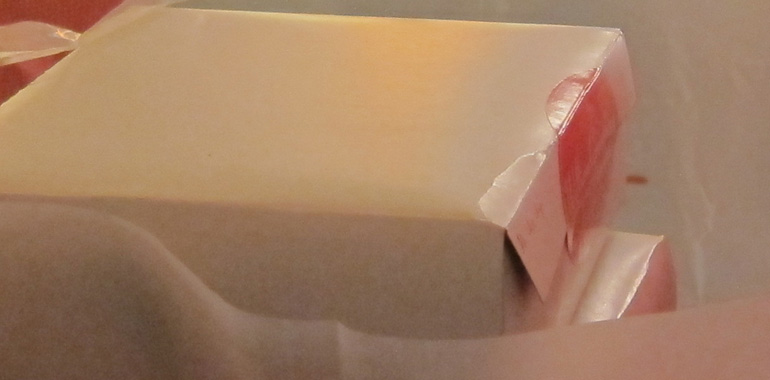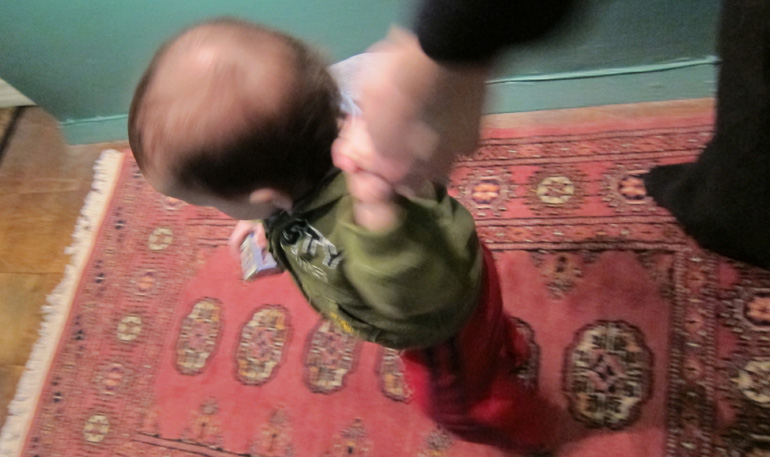Moviegoing:
Oscar 2011; Just Go With It
Monday, February 28th, 2011
Of the ten movies nominated for Best Picture Oscars, I’d seen nine — all but Toy Story 3 (which I’m sure that I’ll enjoy on DVD at some point) — in the course of last year’s moviegoing. I’d like all of them — not equally, certainly; but without having any standout favorites. The Social Network turned out to be one of those movies that packs its greatest wallop the first time you see it. The King’s Speech bemused me — or, rather, its popularity did. It’s a perfectly nice movie, with a stringingly honed performance by Helena Bonham Carter; otherwise, it’s pretty much all uplift, and a mousy-looking uplift at that. (I have never seen so much brown; even the green trees in the park scene seemed brown.) The Fighter surprised me, given the almost complete lack of sympathy that I have for its milieux (and my disapproval of attempts at glorifying same): not only was I wholly engaged by the drama of the piece, but the boxing was actually interesting to watch!
I could go on. I’m happy enough that Colin Firth won Best Actor, because he deserved it for A Single Man. But my passions ran low at this year’s Oscar awards because two movies that I liked very much were out of the running. True, Jeremy Renner was nominated for his supporting role in The Town, and you can’t expect Hollywood to reverse course on Ben Affleck on the strength of one movie. But the other movie I more than liked. To my mind, it was easily the best picture of the year: Roman Polanski’s The Ghost Writer.
If there was a more thrilling movie in 2011, I didn’t see it and I never heard of it, either. The Ghost Writer shows Polanski at his most disciplined; if anything, the first viewing is likely to be underwhelming, at least until the final ten minutes or so. It’s when you know what’s going to happen that movies like this open up and swallow you. The first time, you don’t know what’s going on any more than does the poor hero, played with an almost businesslike understatement by the typically flamboyant Ewan McGregor. The second time. you know a little more: you know how the movie ends. It’s only with the third viewing that you begin to see how it’s done — especially by the witchily engrossing ladies in the cast, Olivia Williams and Kim Cattrall. When The Ghost Writer came out on DVD, I slipped it into my kitchen apparatus and watched it, stopping and starting, about twenty times. I stopped only when prudence warned that one more viewing might make me stick and unable to watch it again.
One guess as to why The Ghost Writer received no nominations.
***
Just Go With It will not be nominated for an Oscar, although it may be mentioned in some late-in-life accolade of Nicole Kidman’s career. Did you know that Nicole Kidman is in Just Go With It? I didn’t. At first, when the comely redhead waved across the beach to Jennifer Aniston, I thought that Christina Hendricks had landed a nice little part in an Adam Sandler vehicle. But as the figure approached, she grew taller and slimmer — and taller. What were the odds, I wondered, of finding a Nicole-Kidman look-a-like who’s as tall as Nicole Kidman? I couldn’t let the question go, because what was Nicole Kidman doing in this movie? Having fun, you could say. Playing a brittle and competitive sorority sister, Kidman makes Aniston look as soft and cuddly as Audrey Hepburn.
Which is all the more interesting because it’s the other Hepburn that Aniston calls to mind. Despite a relenteless blizzard of sophomoric crudities, Just Go With It is a genuine screwball comedy with a romantic drift that’s not unlike that of Bringing Up Baby. The guy’s in a jam; the gal tries to help him out but only makes things worse. One is not altogether startled when it turns out that the gal wants the guy for herself. All right; I exaggerate. There is nothing ditzy about Jennifer Aniston’s Katherine. She may be a little bit exhausted, what with raising two high-concept children on her own while serving as nurse/office assistant to Danny, a Beverly Hills plastic surgeon (Adam Sandler). But she makes up for the missing looniness with her trademark ability to make herself over, going from Plain Jane to Impossible Dream, with movie-star ease.
In a way that’s the-same-as-but-opposite-to Irene Dunne’s role in The Awful Truth, Katherine transforms herself from a pleasant woman to a terrifying bacchante, but in Just Go With It the metamorphosis comes much earlier. For reasons too ridiculous to go into here, Danny needs Katherine to impersonate the wife whom he is in the process of divorcing — a person who does not in reality exist. Once Katherine has socked Danny for the price of plausible threads from Rodeo Drive boutiques, she shows up for drinks with Danny and the girl whom he wants to marry (and who wants to be sure that he’s getting unmarried) bathed in the aura of killer glamour that she brought to her bad-girl role in Derailed. And that’s just what she looks like. The minute she sits down, she aims a fusillade of belittlements at Danny that would be unpleasant if it didn’t underline the already established fact that Katherine and Danny (who loses no time giving tit for tat) like being together.Â
It quickly becomes obvious that Katherine is a lot more interesting to Danny than his girlfriend Palmer (Brooklyn Decker) is. Just Go With It probably wouldn’t have anywhere to go, in fact, if it were blandly formulaic instead of racketingly miscellaneous. From among the abundant choices, I will point to Nick Swarsdon’s encounter with the sheep — does administering the Heimlich Maneuver to animals constitute bestiality? — as a scene that does not really belong in this movie, or that wouldn’t belong if there weren’t so many others like it. And we must hope that young Bailee Madison will live down her flourishing cockney accent. In any case, these distractions are there to be enjoyed on a kind of dare. Don’t stay away for fear of them.
Â
Â













